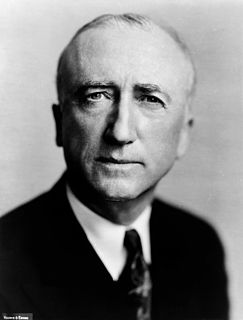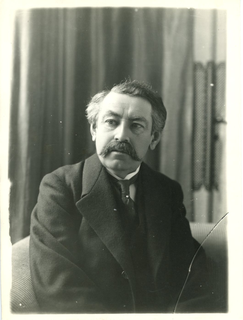A Quote by Adolf Hitler
As long as the League of Nations constitutes only a treaty of guarantee for the victorious nations, it is by no means worthy of its name.
Related Quotes
It is accordance with our determination to refrain from aggression and build up a sentiment and practice among nations more favorable to peace, that we ratified a treaty for the limitation of naval armaments made in 1921, earnestly sought for a further extension of this principle in 1927, and have secured the consent of fourteen important nations to the negotiation of a treaty condemning recourse to war, renouncing it is an instrument of national policy, and pledging each other to seek no solution of their disagreements except by pacific means.
Is America becoming decadent? Do we no longer regard our promises and pledges as sacred? ... We promised to make peace with Germany only in conjunction with the Allies; but we brought forward a separate peace, demanding for ourselves all the advantages of the Treaty of Versailles but rejecting all the responsibilities embodied in the Treaty. It was America's President who induced Europe to form a League of Nations; and then America was the first country that refused to joint it.... If these are not the symptoms of national decadency, what are they?
The 'nations,' as they are called, with whom our pretended ambassadors, secretaries, presidents, and senators profess to make treaties, are as much myths as our own. On general principles of law and reason, there are no such 'nations.' ... Our pretended treaties, then, being made with no legitimate or bona fide nations, or representatives of nations, and being made, on our part, by persons who have no legitimate authority to act for us, have intrinsically no more validity than a pretended treaty made by the Man in the Moon with the king of the Pleiades.
By 1938, Eleanor Roosevelt was so angry at FDR's policies, she writes a book called This Troubled World. And it is actually a point-by-point rebuttal of her husband's foreign policy. We need collective security. We need a World Court. We need something like the League of Nations. We need to work together to fight fascism. We need embargoes against aggressor nations, and we need to name aggressor nations. All of which is a direct contradiction of FDR's policies.
I would consider the principal threats to start with Russia. And it would certainly include any nations that are looking to intimidate nations around their periphery, regional nations nearby them, whether it be with weapons of mass destruction or I would call it unusual, unorthodox means of intimidating them.











































